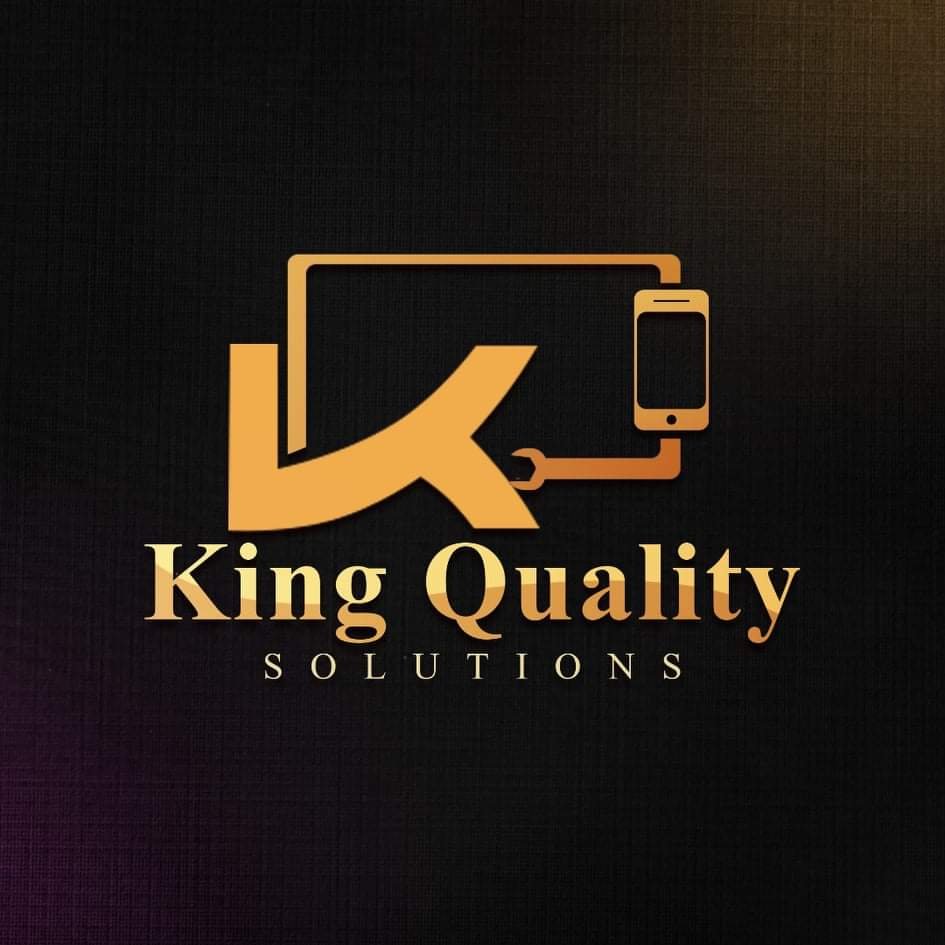In the realm of Customer Relationship Management (CRM) software, two major players stand out: Salesforce and Microsoft Dynamics CRM. Both platforms offer robust solutions for managing sales, marketing, and customer service processes, but when it comes to versatility, scalability, and innovation, Salesforce emerges as the clear frontrunner. In this blog post, we’ll delve into the key reasons why Salesforce outshines Dynamics CRM and why it’s the preferred choice for businesses worldwide.
Cloud-Native Architecture
Salesforce was born in the cloud, offering a native cloud architecture that provides unparalleled flexibility and scalability. This means that users can access Salesforce from anywhere with an internet connection, making it ideal for modern, distributed workforces. In contrast, Dynamics CRM started as an on-premises solution and later transitioned to the cloud, resulting in a less seamless and integrated cloud experience.
Ease of Use and Adoption
Salesforce boasts an intuitive user interface and a wealth of resources for training and support, making it easy for users of all skill levels to get up and running quickly. Its user-friendly design encourages adoption across teams, driving higher levels of productivity and engagement. While Dynamics CRM offers similar features, its interface can be more complex and less intuitive, requiring additional training and customization to achieve optimal usability.
Extensive AppExchange Ecosystem
One of Salesforce’s greatest strengths is its AppExchange marketplace, which offers a vast selection of third-party apps and integrations to extend the platform’s functionality. From sales automation to marketing analytics, users can find a wide range of pre-built solutions to meet their specific needs. While Dynamics CRM also has an ecosystem of third-party apps, it pales in comparison to the depth and breadth of offerings available on the Salesforce AppExchange.
Innovative Features and AI-Powered Insights
Salesforce continues to lead the way in innovation, leveraging cutting-edge technologies such as artificial intelligence (AI) to deliver actionable insights and predictive analytics. Features like Einstein AI empower sales teams to make smarter decisions, identify opportunities, and personalize customer interactions at scale. While Dynamics CRM offers AI capabilities through Microsoft’s Azure platform, Salesforce’s native integration of AI into its core CRM functionalities provides a more seamless and integrated experience.
Scalability and Customization
As businesses grow and evolve, they need a CRM solution that can scale with their needs and adapt to changing requirements. Salesforce offers unmatched scalability, allowing organizations to easily add users, customize workflows, and expand functionality as their business expands. Its flexible architecture and extensive customization options make it the ideal choice for businesses of all sizes and industries. While Dynamics CRM also offers scalability and customization capabilities, Salesforce’s cloud-native architecture and ecosystem of resources provide greater agility and flexibility.
Conclusion
While both Salesforce and Dynamics CRM offer powerful CRM solutions, Salesforce stands out as the superior choice for businesses seeking a cloud-native, user-friendly, and innovative platform. With its intuitive interface, extensive ecosystem of apps, and AI-powered insights, Salesforce empowers organizations to drive growth, streamline processes, and deliver exceptional customer experiences. Whether you’re a small startup or a global enterprise, Salesforce provides the tools and capabilities you need to succeed in today’s competitive landscape.



